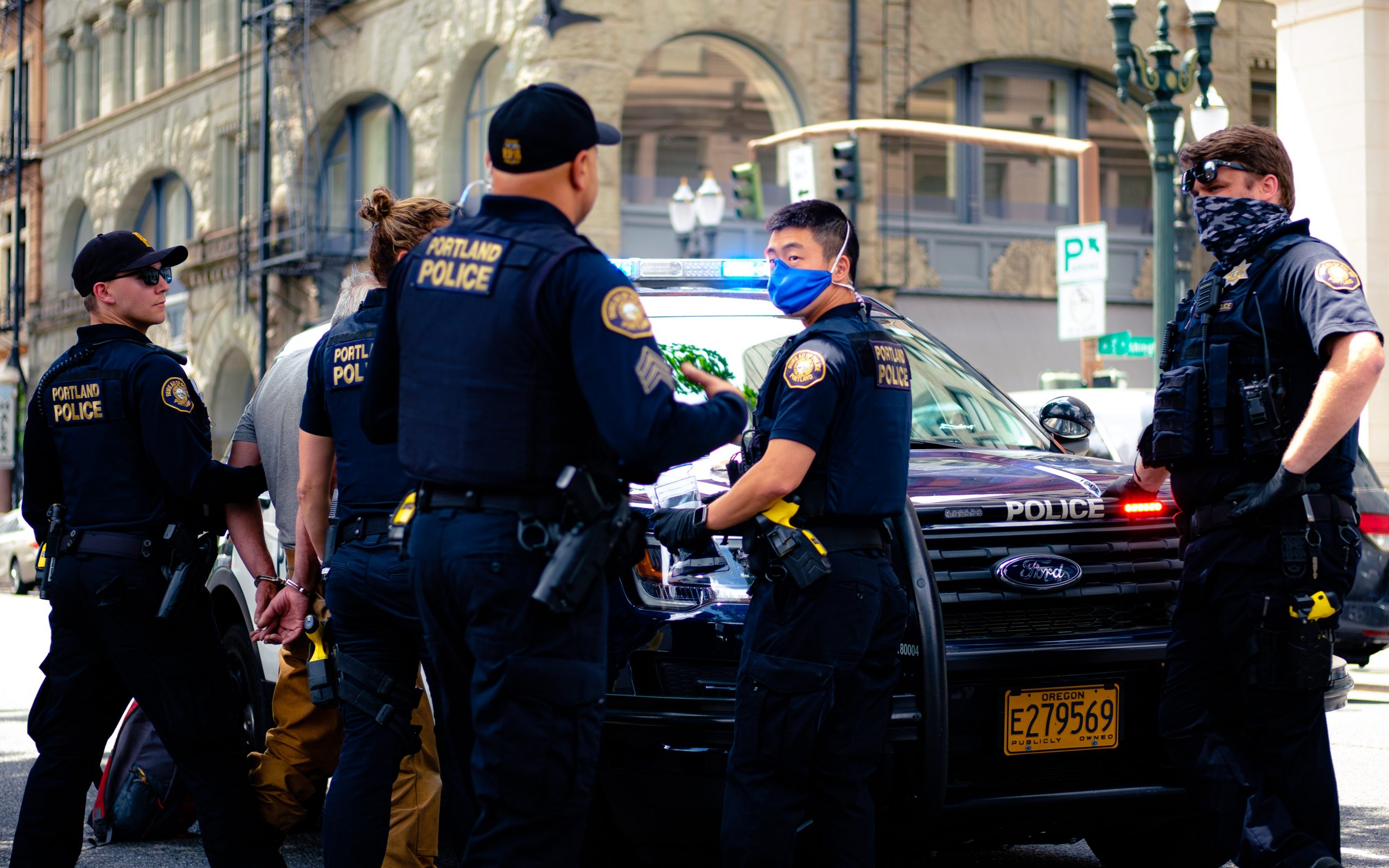When you interact with police, you have several legal rights that apply. You have the right to remain silent. If you choose not to talk, your silence can’t be used against you. You have the right to refuse to consent to a search of yourself, your car and your home. Police may pat you down to make sure you don’t have a weapon. But, except for in some rare situations, that is it as long as you don’t consent. What other rights you have depend on whether you are under arrest.
What if you are under arrest?
If you are under arrest, you have the right to a lawyer. Police are required to read you your “Miranda rights” if they arrest you. This includes telling you that you have the right to a lawyer. But even if police don’t read you your Miranda rights, you should still ask for one immediately.
What if you are not under arrest?
If you are not under arrest, you can ask if you are free to leave. If the police officer says yes, you can walk away. You should do so calmly, silently and right away. If the police officer tells you that you can’t leave, you are being detained and have the right to know why.
Police may tell you that you weren’t arrested even if you weren’t free to leave. Just because the police say that doesn’t mean it’s true. But, even if they tell you this, stay calm. You should not run, argue or interfere with what the police officer is doing. This is true whether you’re guilty or innocent. And it’s also true even if you know police are violating your rights.
Remember that you have the right to remain silent and the right to a lawyer. If police won’t let you leave, you can clearly exercise both of these rights. You can tell the officer that you want to exercise your right to a lawyer. Even if the police officer says that you don’t have this right, you can ask for a lawyer anyway. And then you can also remain silent.

What if police arrest you?
If police arrest you and tell you that you’re under arrest, they should read you your Miranda rights. But, even if they don’t, you still have these rights. You should not resist arrest. You should ask for a lawyer and then remain silent. Even if you can’t afford to pay a lawyer, you still have the right to have one.
Until you have had a chance to talk with your lawyer, you should not talk to the police. You should not try to explain yourself or make excuses for what happened. You also should not say anything, sign anything or make any decisions.
When you are arrested, you also have the right to make a local phone call. That phone call is your best chance to get a lawyer if police don’t help you get one. But, even if you call a lawyer, know that police may listen to the call. While this violates your rights, you need to understand that it could still happen.
The Takeaway:
When you interact with police, you have several different rights. Some of those rights depend on whether you are under arrest. If you are under arrest, you have the right to know why. If you are not under arrest, you should be able to leave. Even if police violate your rights, you should remain calm, remain silent and ask for a lawyer.






